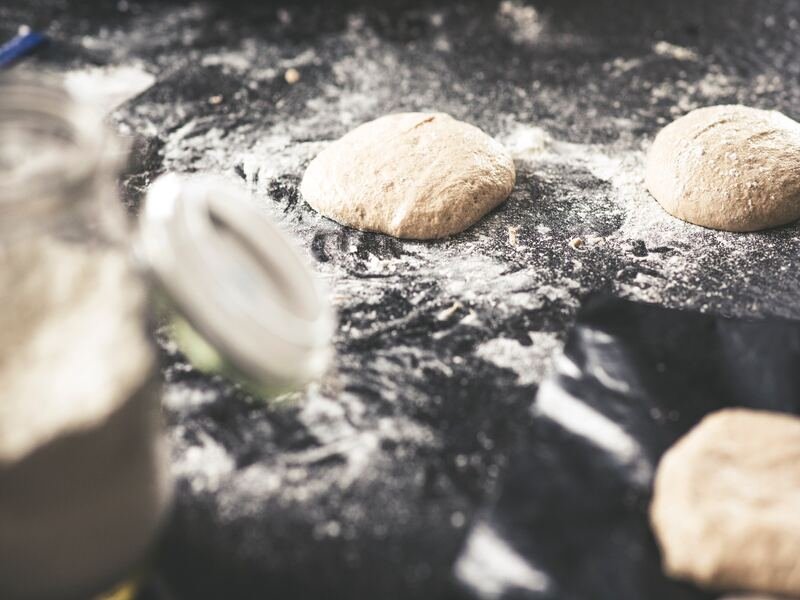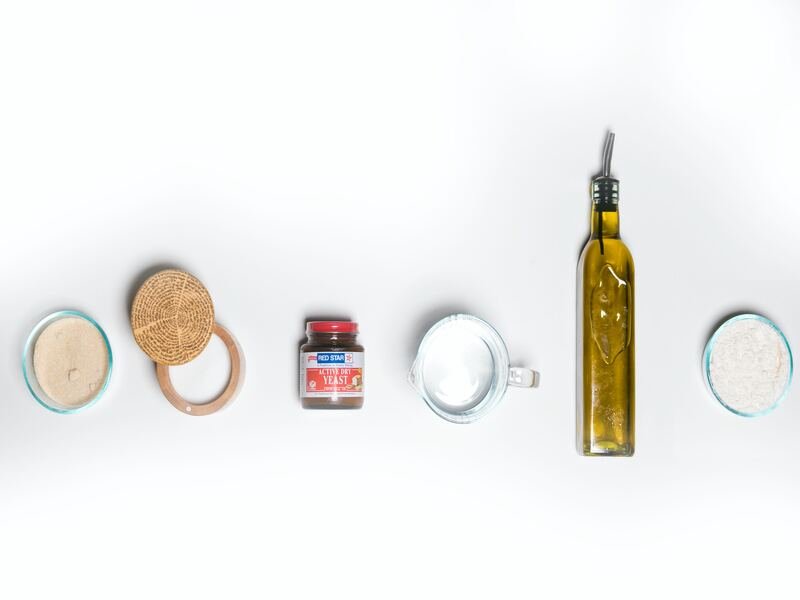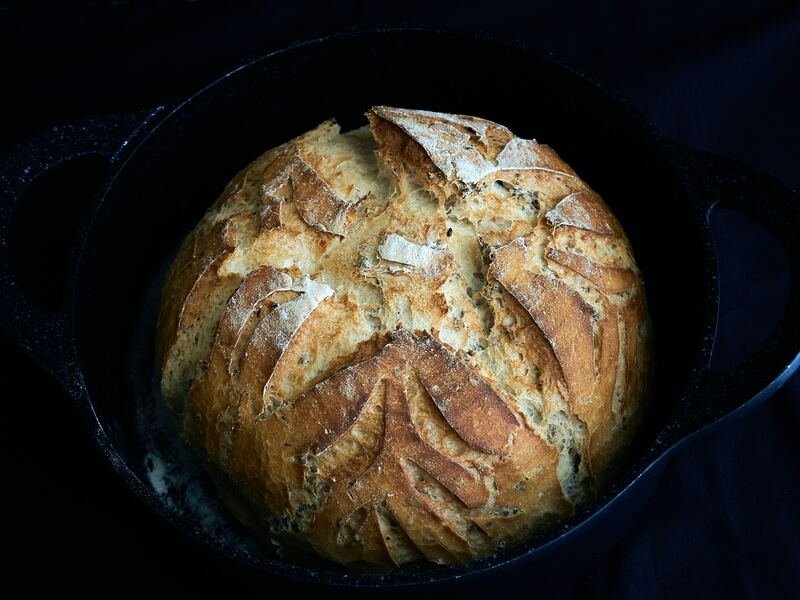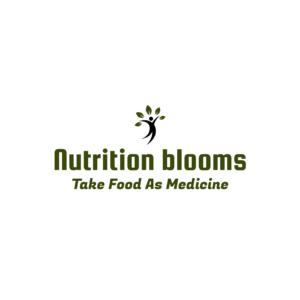Are you curious about nutritional yeast? Is it gluten-free? Well, you’re in the right place! Nutritional yeast has been gaining popularity as a versatile and delicious addition to many dishes. But for those who follow a gluten-free diet, some concerns about its safety may exist. In this blog post, we’ll dive into nutritional yeast, explore its benefits, unravel the complexities of gluten-free labelling regulations, and answer the question: is nutritional yeast gluten-free? So please sit back, relax, and let’s navigate through this flavorful journey together!

What is nutritional yeast?
Nutritional yeast, often called “nooch” by its devoted fans, is a deactivated form of the Saccharomyces cerevisiae yeast. It may sound strange to consume yeast, but nutritional yeast differs from the active baking or brewing yeast you’re used to.
This golden-coloured powder has a nutty and cheesy flavour profile, making it a popular vegan substitute for cheese in many dishes. It adds depth and richness without dairy products, making it an excellent option for those following a plant-based diet.
The Benefits of Nutritional Yeast
Nutritional yeast has gained popularity in recent years, and for good reason. This versatile ingredient offers a range of benefits that can enhance the taste of your meals and your overall health. But beyond benefits, it is essential to find gluten-free nutritional yeast.
One significant benefit of nutritional yeast is its rich nutrient profile. It contains vitamins and minerals, including B vitamins such as thiamine, riboflavin, niacin, and folate. These essential nutrients are crucial in energy production, brain function, and a healthy metabolism.
Another notable advantage of nutritional yeast is its high protein content. For those following a plant-based or vegan diet, this yeast can be an excellent source of protein to support muscle growth and repair.
Gluten-Free Labeling and Regulations
Regarding gluten-free products, strict regulations are in place to protect consumers and ensure that they can make informed choices about their dietary needs. In the United States, the Food and Drug Administration (FDA) has established guidelines for labelling products as gluten-free.
According to these guidelines, a product must contain less than 20 parts per million (ppm) of gluten to bear a gluten-free label. This standard was set because research has shown this level is safe for most people with celiac disease or gluten sensitivity.
To meet these requirements, manufacturers must carefully source their ingredients and use approved testing methods to verify the absence of gluten in their products. Additionally, they must follow good manufacturing practices to prevent cross-contamination during production.
It’s important to note that while compliance with FDA regulations ensures a certain level of safety for consumers, there may still be some variability across different brands and products. Therefore, individuals with severe allergies or sensitivities should exercise caution when choosing processed foods labelled as “gluten-free” and read ingredient lists carefully.
Is Nutritional Yeast Gluten-Free?
For those following a gluten-free diet, finding suitable ingredients can be challenging. One such ingredient that often raises questions is nutritional yeast. So, let’s dive into the topic and find out the answer to the nutritional yeast gluten-free question.
What exactly is nutritional yeast? It is a deactivated form of Saccharomyces cerevisiae, a yeast commonly used in food production. Nutritional yeast has gained popularity as a vegan cheese substitute due to its cheesy flavour profile.
Now, onto the main question: Is nutritional yeast gluten-free? The answer depends on the brand you choose. While pure dietary yeast should not contain any traces of gluten, it’s essential to carefully read labels and check for any potential cross-contamination risks during manufacturing processes.
Some brands may process their products in facilities that handle wheat-based ingredients or have equipment shared with gluten-containing foods. Therefore, cross-contamination may lead to trace amounts of gluten in certain brands’ nutritional yeast products.
To ensure you’re consuming truly gluten-free nutritional yeast, look for certified gluten-free labels or opt for brands that specifically mention their adherence to strict manufacturing practices to prevent cross-contamination.
How to Choose a Gluten-Free Nutritional Yeast Option
When choosing a gluten-free nutritional yeast option, there are a few key factors to consider. First and foremost, always check the label for any indications of gluten-containing ingredients. Look out for familiar sources of gluten, such as wheat, barley, or rye.
In addition to reading the ingredient list, it’s also essential to look for certifications or seals that indicate the product is gluten-free. These certifications can provide an extra level of assurance that the nutritional yeast has been tested and meets strict standards for being free from gluten contamination.
Another aspect to consider is the manufacturing process. Some brands may produce their nutritional yeast in dedicated facilities or on separate equipment designated explicitly for gluten-free products. This reduces the risk of cross-contamination during production.
Feel free to contact manufacturers directly if you have any questions or concerns about their product’s gluten content. They should be able to provide detailed information about their sourcing and testing practices.

Conclusion:
Nutritional yeast can be a fantastic addition to a gluten-free diet. This versatile ingredient adds flavour and depth to your dishes and provides numerous health benefits. From its rich source of vitamins and minerals to its potential immune-boosting properties, nutritional yeast is worth incorporating into your meals.
To ensure that nutritional yeast is gluten-free, it’s essential to read labels carefully and look for certified gluten-free options. While most brands are indeed free from gluten, there are some instances where cross-contamination may occur during production or packaging.
By researching and selecting trusted brands that meet strict gluten-free standards, you can confidently enjoy the many benefits of nutritional yeast without worrying about any adverse reactions due to gluten exposure.
So go ahead and sprinkle some “nooch” on your popcorn, mix it into sauces or dips, or even use it as a seasoning for roasted vegetables. The possibilities with nutritional yeast are endless! With its unique taste profile and incredible health properties, this ingredient will elevate your culinary creations while keeping them suitable for a gluten-free lifestyle.
Remember, always consult with healthcare professionals if you have specific dietary concerns or conditions related to gluten sensitivity or celiac disease. They can provide personalized advice tailored to your individual needs.
Now that you have all the information, is nutritional yeast gluten-free? Don’t hesitate to explore new recipes and add this nutritious powerhouse to your daily routine!


